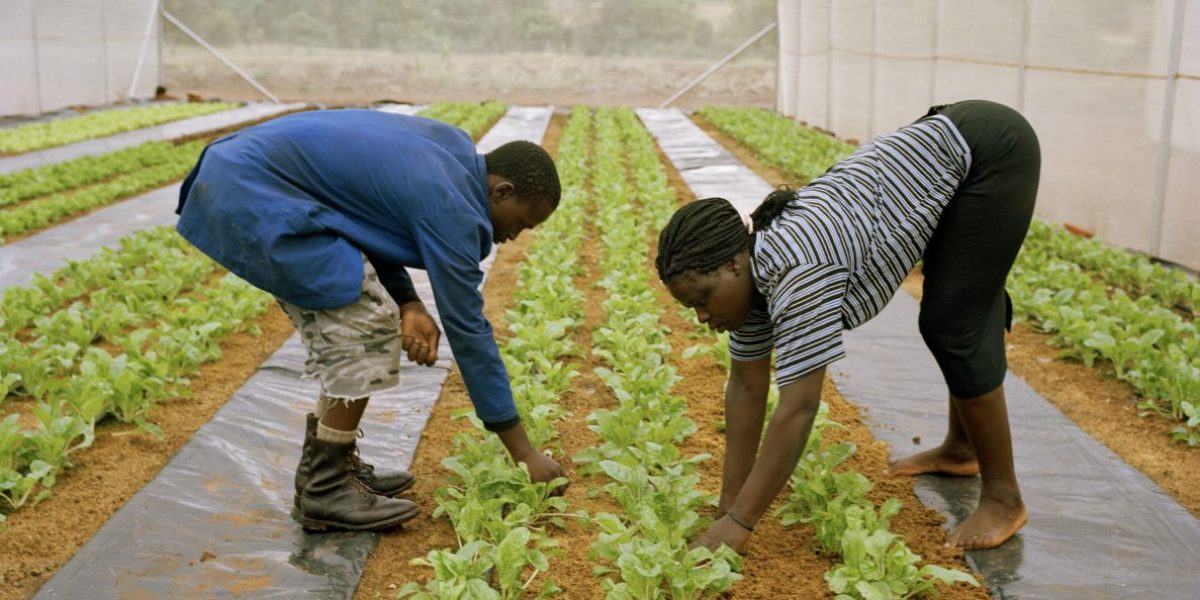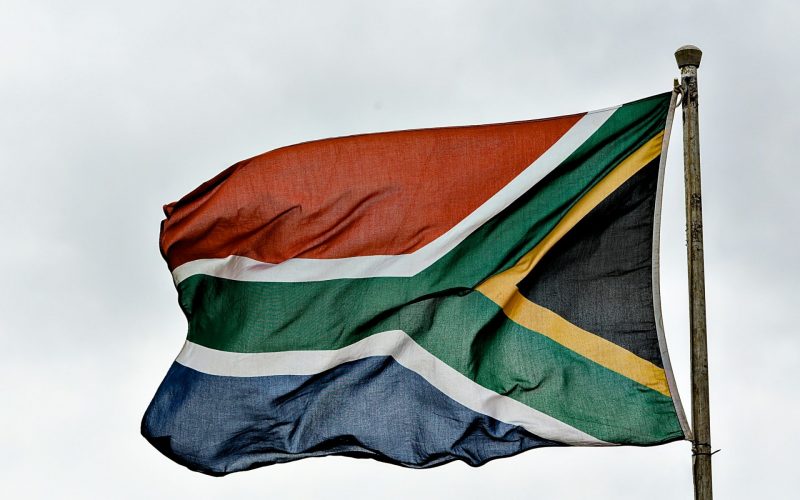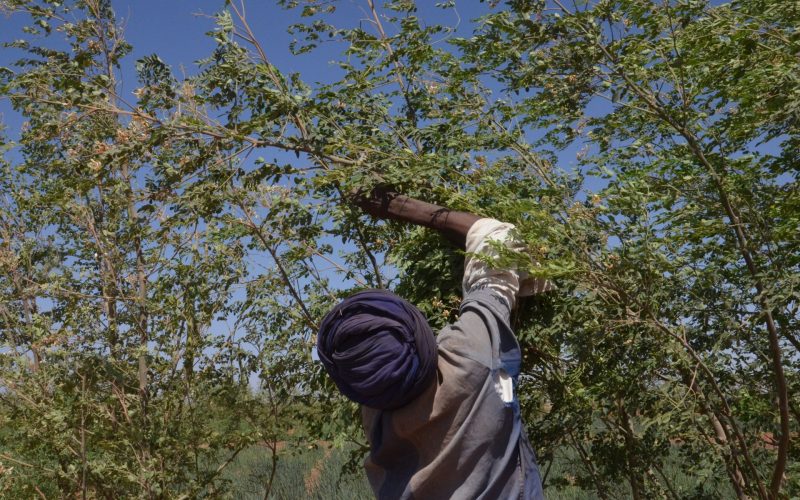Summary:
- Given the significance of the agricultural sector to the broader economy and sub-Saharan Africa’s over-reliance on food imports, local and global policy responses to the COVID-19 pandemic are a subject of critical concern for policymakers.
- The food production and trade policies implemented by African governments in response to the pandemic are not particularly new, and are often go-to instruments during climatic shocks such as droughts and flooding. However, the nature of the COVID-19 pandemic calls for a sharper, better targeted and more effective approach.
- Agricultural policy responses to the pandemic in markets on which Africa relies for imports directly affect the region’s food markets through commodity price volatility, the availability of supplies, and farmers’ planting decisions.
- Unlike developed parts of the world (such as the US and EU), sub-Saharan African countries do not have the fiscal capacity to provide sufficient social protection and income support to augment food demand and reduce poverty. Instead, the region’s consumers are experiencing diminished incomes, reduced remittances and higher food prices. All of this has been exacerbated by reduced physical access to food as a result of markets’ intermittent functioning and restrictions on public transport.
- The impact of COVID-19, together with other shocks such as locusts, fall armyworm and climate change, suggests the need for policymakers to be agile in their responses to multi-layered crises. The era of heightened uncertainty, volatility and complexity resulting from these multiple crises, with COVID-19 being a key turning point, calls for a fundamental change to the governance and architecture of sub-Saharan Africa’s food system.







